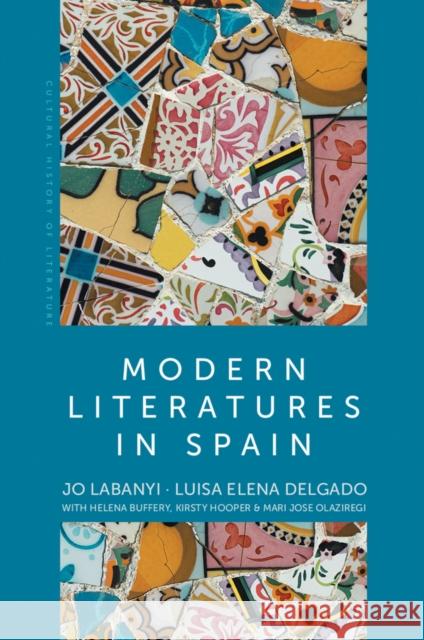Modern Literatures in Spain » książka
topmenu
Modern Literatures in Spain
ISBN-13: 9780745634968 / Angielski / Miękka / 2023 / 288 str.
Modern Literatures in Spain
ISBN-13: 9780745634968 / Angielski / Miękka / 2023 / 288 str.
cena 92,56
(netto: 88,15 VAT: 5%)
Najniższa cena z 30 dni: 91,42
(netto: 88,15 VAT: 5%)
Najniższa cena z 30 dni: 91,42
Termin realizacji zamówienia:
ok. 30 dni roboczych.
ok. 30 dni roboczych.
Darmowa dostawa!
Kategorie:
Kategorie BISAC:
Wydawca:
Polity Press
Seria wydawnicza:
Język:
Angielski
ISBN-13:
9780745634968
Rok wydania:
2023
Ilość stron:
288
Oprawa:
Miękka
Wolumenów:
01
Dodatkowe informacje:
Bibliografia
Wydanie ilustrowane
Wydanie ilustrowane











